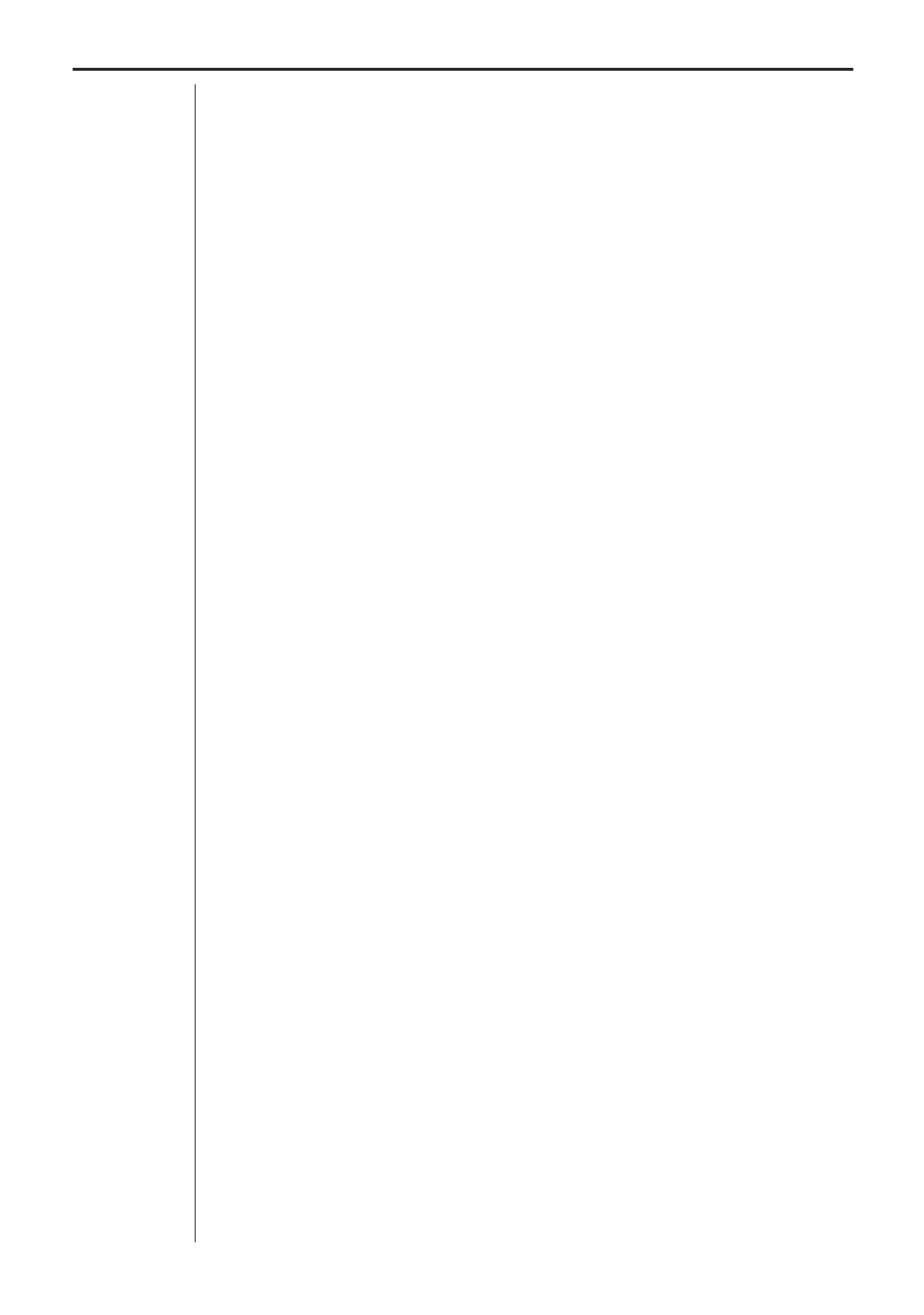Chapter 3: commands and programming – Casio EA-100 Commands and Programming User Manual
Page 12

34
Chapter 3: Commands and Programming
Two Receive(List) cycles are required in this example because there are
more than 255 samples. Following the first two Receive(List) commands, a
single Send(List) is necessary to verify the data fetches from the SONIC
channel. The next Send(List) command specifies the data range of
Receive(List4) and Receive(List5). The following shows how data is stored
in the different lists after execution of this program is complete.
List 1 .... CH1 data samples (1 to 255)
List 4 .... CH1 data samples (256 to 300)
List 2 .... CH1 sample post-processing data
d/dt
(1 to 255)
List 5 .... CH1 sample post-processing data
d/dt
(256 to 300)
List 3 .... SONIC channel sample post-processing data
d
2
/dt
2
(1 to 255)
List 6 .... SONIC channel sample post-processing data
d
2
/dt
2
(256 to 300)
Using Receive(List) to Fetch Statistical Post-
Processed Data
When statistical post-processing is specified as the post-processing type,
only one channel can be active for output of statistic post-processed data
only from the data analyzer (raw sample data is deleted).
Four executions of the Receive(List) command are required to fetch statisti-
cal data, one each for the mean, standard deviation, minimum value, and
maximum value, all of which are produced based on the raw sample data.
If CH1 is reserved for statistical data, for example, the following commands
would be required to fetch statistical data and store it in a CFX-9850G list.
Receive (List 1)
Receive (List 2)
Receive (List 3)
Receive (List 4)
CH1 mean data
CH1 standard deviation data
CH1 minimum value data
CH1 maximum value data